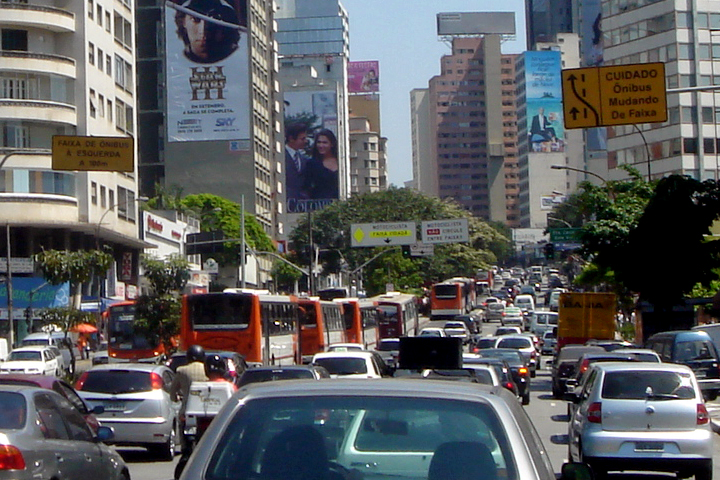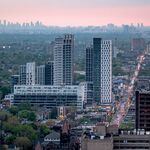M II A II R II K
Senior Member
We Are Approaching Peak Car Use
July 5th, 2011
By Ariel Schwartz
Read More: http://www.fastcompany.com/1764562/have-we-reached-peak-car-use
PDF Report: http://www.eco-logica.co.uk/pdf/wtpp17.2.pdf
Even oil companies admit that we are reaching peak oil--the point when the maximum rate of petroleum production is reached and begins to go into an unstoppable decline. But one thing would, at least somewhat, mitigate that problem. We may have also reached peak car usage in our major cities. A study from the Curtin University Sustainability Policy Institute says that many cities--including Vienna, Zurich, Atlanta, Los Angeles, and Houston--have already seen a decline in car usage between 1995 and 2005. Driving rates in the U.S. did, however, rise in 2010 by 0.7%, but the study's authors believe a number of factors could come together to decrease our overall car use.
The first is that cities are hitting what's known as the Marchetti wall. Most people don't like having to travel more than an hour each way to work, and cities tend to not get larger than one hour via car in every direction. The growth of public transport and the reversal of urban sprawl have also played a role, as more people in concentrated areas means more central shopping locations. There is also the growth of a culture of urbanism, resulting in more people who enthusiastically take public transportation, walk, and ride bikes. There's also, of course, the rise in fuel prices, which is probably the largest factor. If all of these factors actually do cause a dramatic decline in car usage, city planners will have to think more about factoring light rail, buses, cycling, and walking routes into their plans.
.....

July 5th, 2011
By Ariel Schwartz
Read More: http://www.fastcompany.com/1764562/have-we-reached-peak-car-use
PDF Report: http://www.eco-logica.co.uk/pdf/wtpp17.2.pdf
Even oil companies admit that we are reaching peak oil--the point when the maximum rate of petroleum production is reached and begins to go into an unstoppable decline. But one thing would, at least somewhat, mitigate that problem. We may have also reached peak car usage in our major cities. A study from the Curtin University Sustainability Policy Institute says that many cities--including Vienna, Zurich, Atlanta, Los Angeles, and Houston--have already seen a decline in car usage between 1995 and 2005. Driving rates in the U.S. did, however, rise in 2010 by 0.7%, but the study's authors believe a number of factors could come together to decrease our overall car use.
The first is that cities are hitting what's known as the Marchetti wall. Most people don't like having to travel more than an hour each way to work, and cities tend to not get larger than one hour via car in every direction. The growth of public transport and the reversal of urban sprawl have also played a role, as more people in concentrated areas means more central shopping locations. There is also the growth of a culture of urbanism, resulting in more people who enthusiastically take public transportation, walk, and ride bikes. There's also, of course, the rise in fuel prices, which is probably the largest factor. If all of these factors actually do cause a dramatic decline in car usage, city planners will have to think more about factoring light rail, buses, cycling, and walking routes into their plans.
.....





